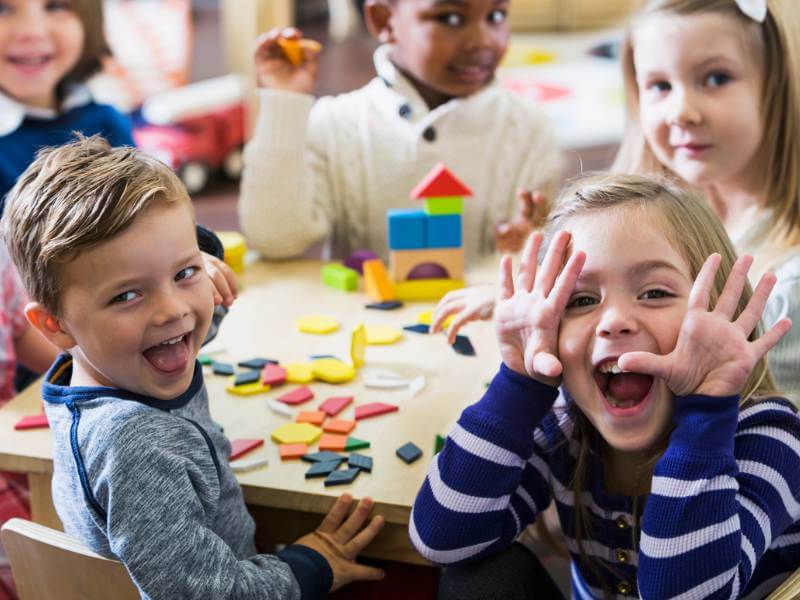Signs Your Child is Thriving in Their Childcare Setting
Choosing the childcare setting is an important decision for parents, as it influences not just a child’s everyday schedule but also their development and health in the long run. Recognising signs of a positive childcare experience can assist caregivers in ensuring that their children are receiving the care they need. This article delves into indicators that show when a child is thriving in their childcare environment.
Positive Emotional Expression
Happy children tend to show emotions like smiling and laughing a lot while enjoying their day-to-day activities with enthusiasm in an environment that makes them feel safe and secure. Care providers in childcare in Southbank should pay attention to how kids join group activities and interact with friends and teachers to gauge their well-being through playful engagement and forming connections.
Curiosity and Exploration
When children are doing well and thriving, they usually show an interest in the world around them and are excited to learn more about it. They enjoy playing with toys and reading books eagerly, showing their eagerness to learn and explore. This curiosity often leads them to ask questions and seek out things to experience. Caregivers who support this exploration and offer plenty of opportunities for discovery play a role in enhancing a child’s development.
Healthy Social Interactions
During the stages of a child’s growth and development, the childcare setting plays a crucial role in positively shaping their social skills. When kids do well in places like daycare or preschool, they tend to form bonds with both their peers and grown-ups. They pick up skills like sharing, taking turns, and speaking effectively through these interactions. Watching children play together cooperatively and show empathy toward each other indicates progress in their growth. These experiences contribute greatly to building communication abilities and setting the groundwork for future relationships.
Consistent Routines
Having a schedule is beneficial for kids, as it gives them a sense of stability and predictability in their lives. Children who follow a routine tend to handle activities like mealtimes and play periods with ease. They are able to move from one task to another and regulate their emotions better. Having a routine also helps children feel secure in their surroundings and promotes their emotional well-being.
Open Communication
Kids who are at ease and safe in their daycare or preschool usually talk openly and freely express what they want or how they feel because they know their caregivers will listen and understand them well. When caregivers actively engage with and respond to children’s communication needs, it creates a space where kids feel appreciated and respected. Promoting conversations helps in improving language abilities and emotional awareness in children.
Independence and Confidence
In a lively childcare setting, it’s important to promote self-reliance and nurture self-assurance in children by encouraging them to explore new endeavors and take on challenges by themselves confidently. They proudly showcase their achievements while also showing resilience in the face of obstacles, which reflects their increasing confidence and independence.
Physical Well-being
Good physical health plays a vital role in a child’s growth and progress. Children in nurturing childcare environments usually engage in physical activities, eat balanced meals, and get enough rest. They spend time playing, taking part in activities, and eating nutritious food. When we see children full of vigour and vitality, it shows they’re receiving the physical attention that contributes to their overall joy and well-being.
Creativity and Imagination
Nurturing creativity and imagination is crucial for the emotional development of children in childcare settings where they can freely explore activities like art and music that promote self-expression through drawing, storytelling, or role-playing. These activities foster their spirit and intellectual growth.
Conclusion
It’s important for parents and caregivers to notice the signs of a positive childcare experience in kids, such as showing emotions curiosity, having good social interactions, and following regular routines. All of these indicate the child’s well-being and growth potential. Encouraging communication and independence, along with a focus on wellness and creativity, also point toward a child’s flourishing state. By being mindful of these cues in children’s behaviour, caregivers can ensure they are in an environment that supports their progress and sets them up for future success.











Post Comment